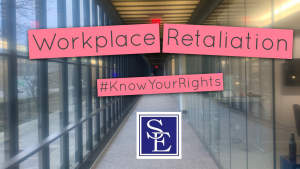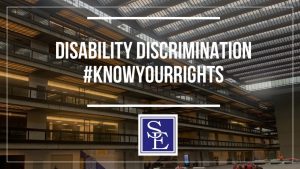Former NJDOH Assistant Commissioner Receives Settlement and Has All Ethics Allegations Dismissed
HOLMDEL, NEW JERSEY (March 27, 2025) – Former Assistant Commissioner of the New Jersey Department of Health’s Division of Public Health Infrastructure, Laboratories, and Emergency Preparedness, Christopher Neuwirth, has reached a $2.25 million settlement with the State of New Jersey to resolve his whistleblower lawsuit. At the same time, the New Jersey State Ethics Commission has officially dismissed all allegations that Mr. Neuwirth violated state ethics rules during his tenure.
Mr. Neuwirth filed suit in 2020 following his termination from the Department of Health, alleging that he was retaliated against after reporting unethical conduct by senior state officials. Mr. Neuwirth alleged in the lawsuit that his termination violated the New Jersey Conscientious Employee Protection Act (“CEPA”). The litigation has now concluded with a financial settlement and the complete dismissal of the parallel ethics investigation that had been cited by the administration at the time of his removal.
 New Jersey Employment Lawyers Blog
New Jersey Employment Lawyers Blog








